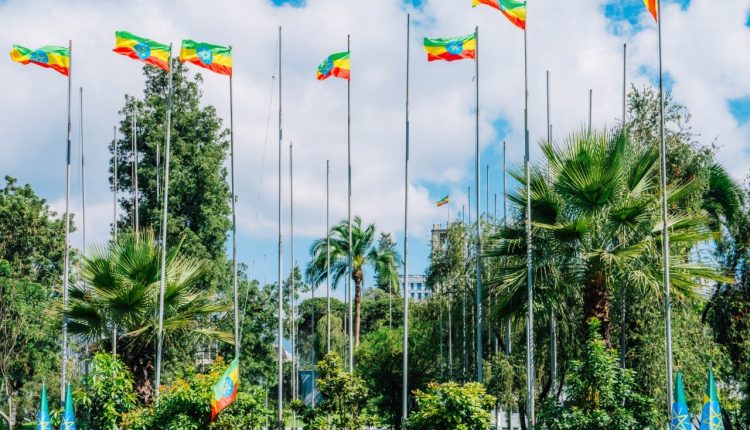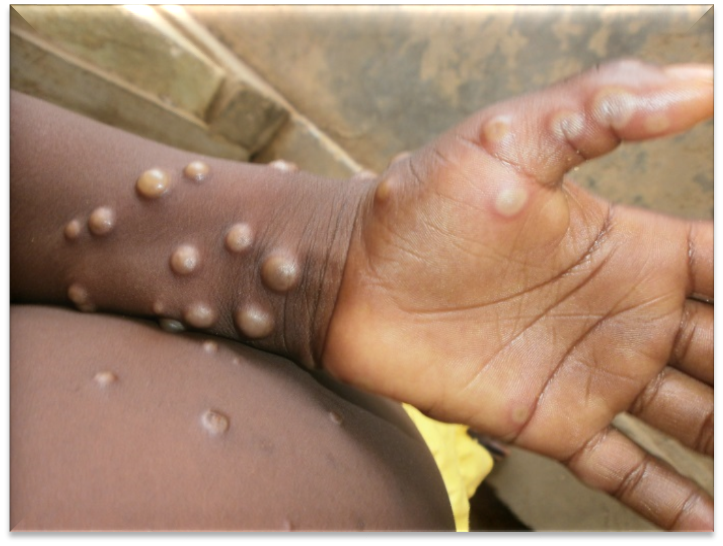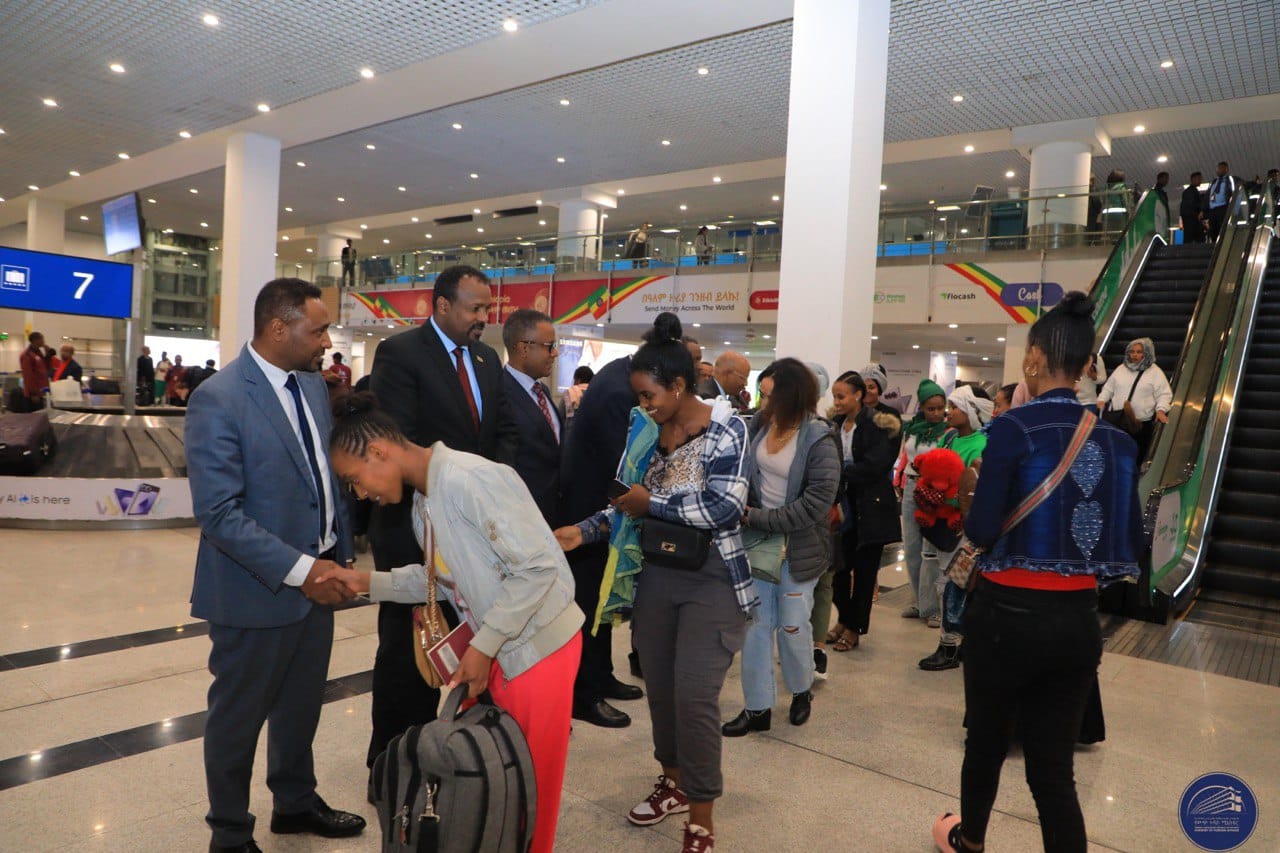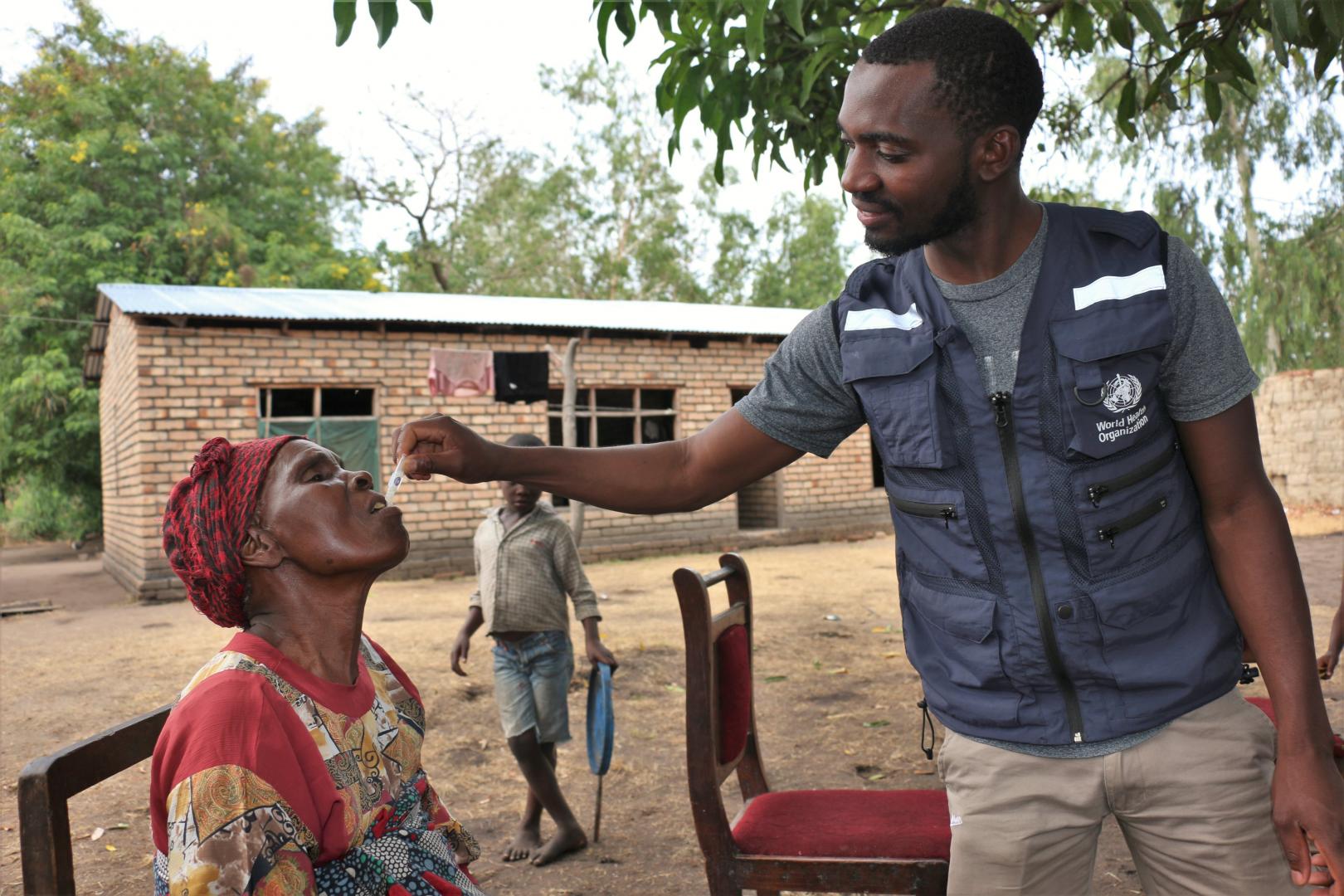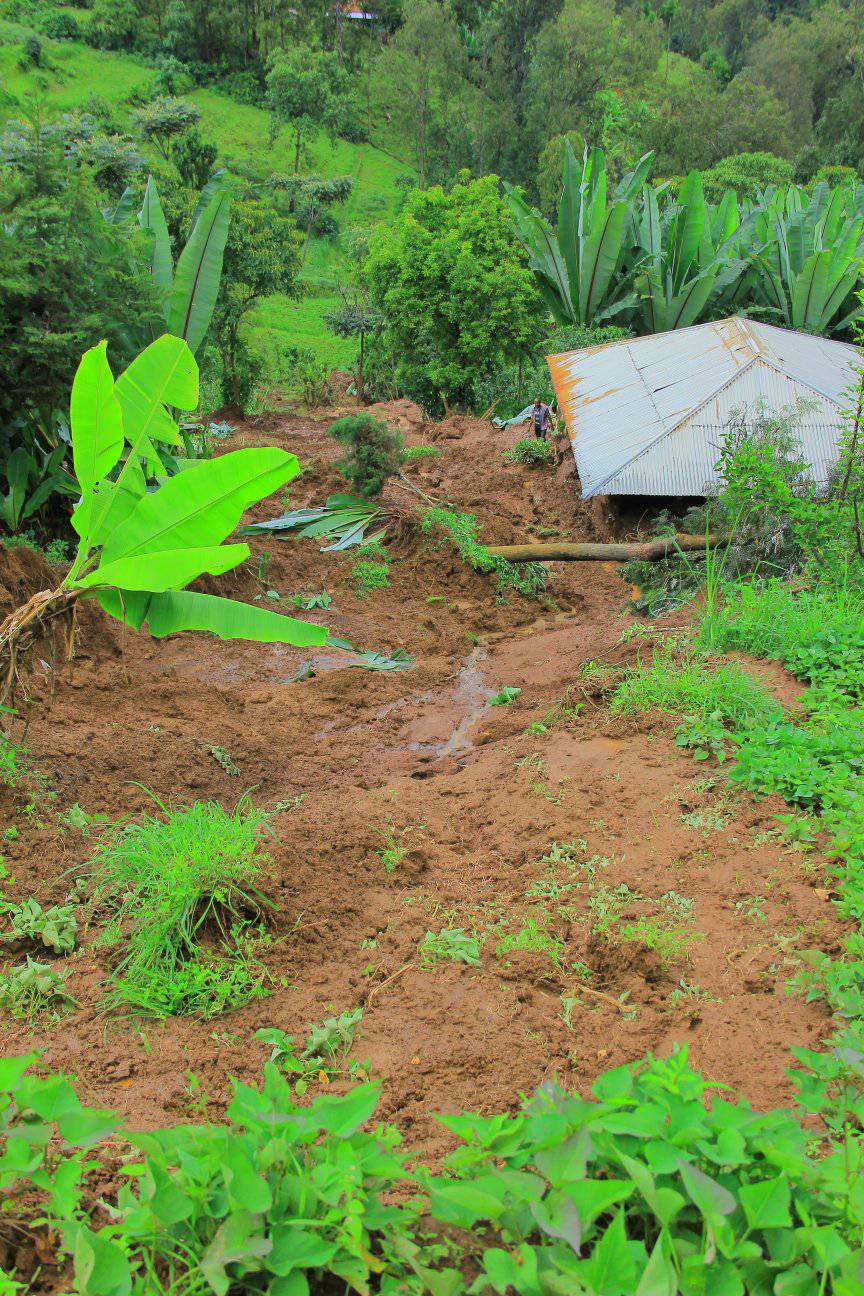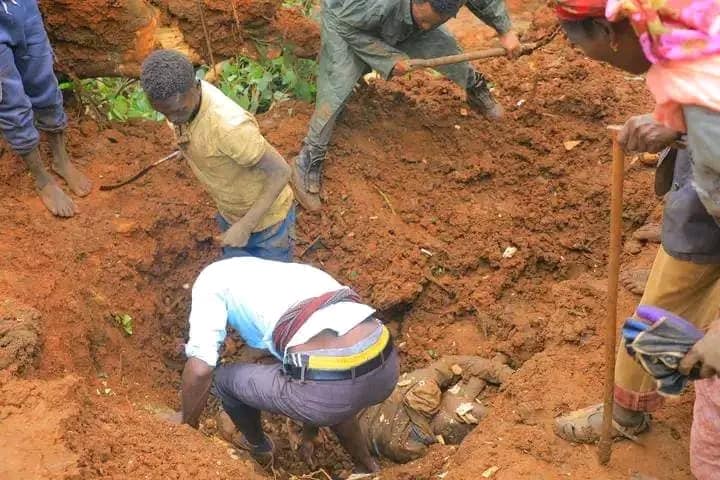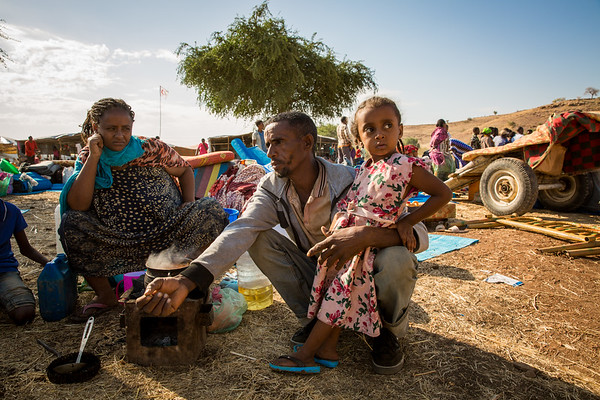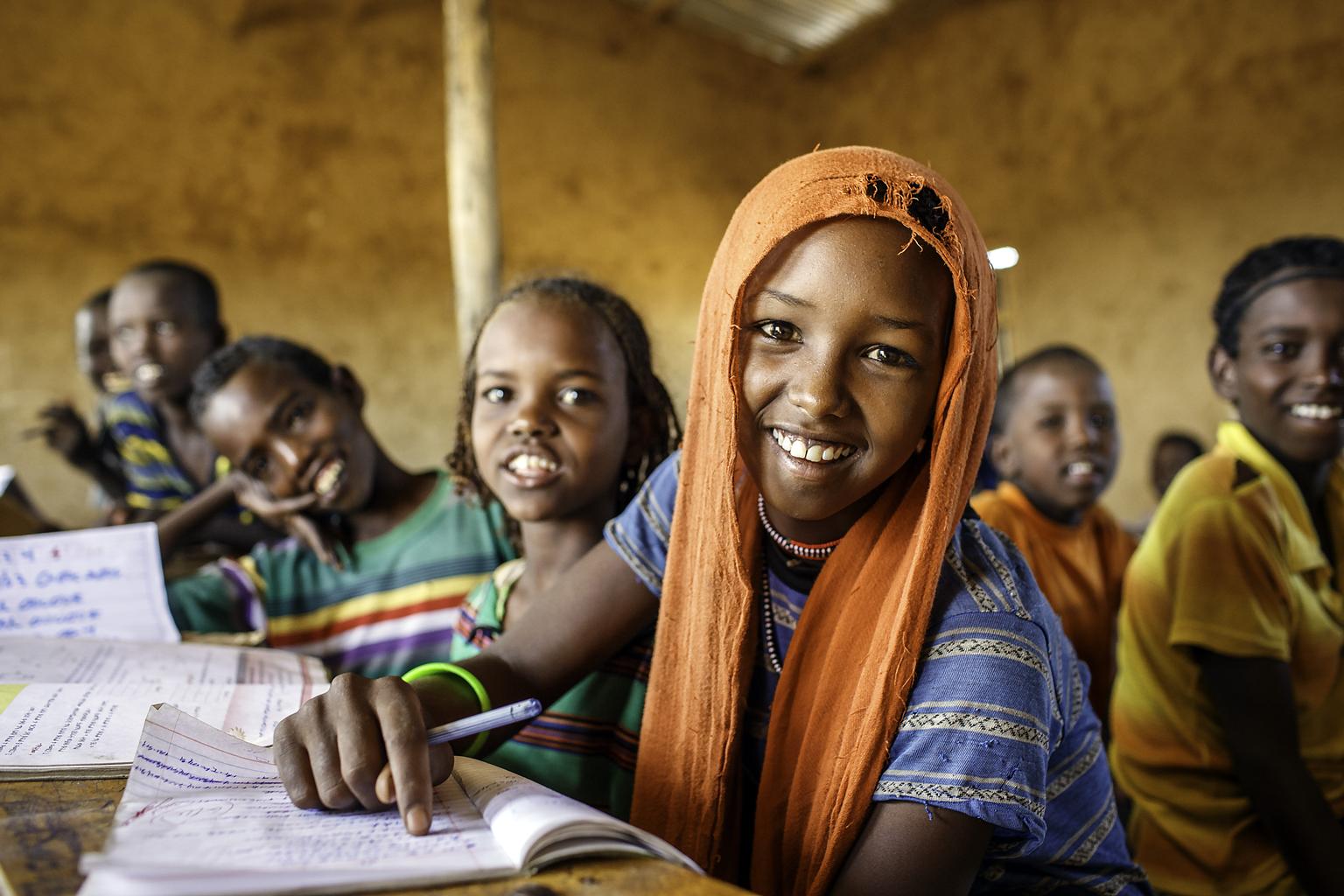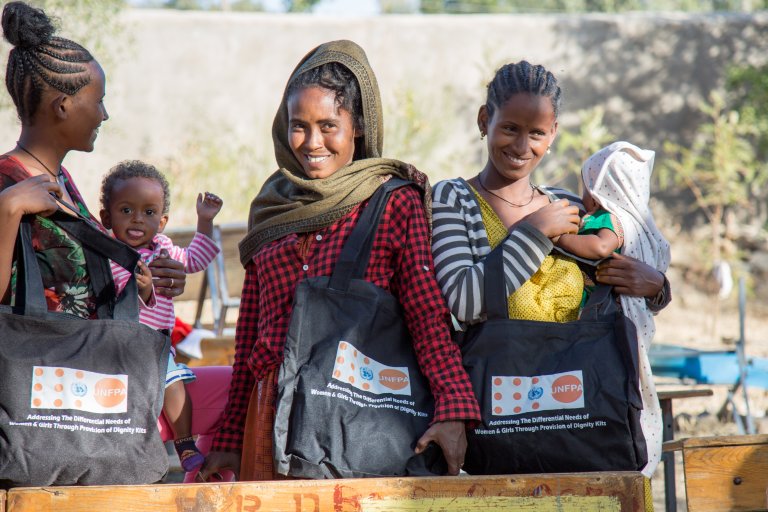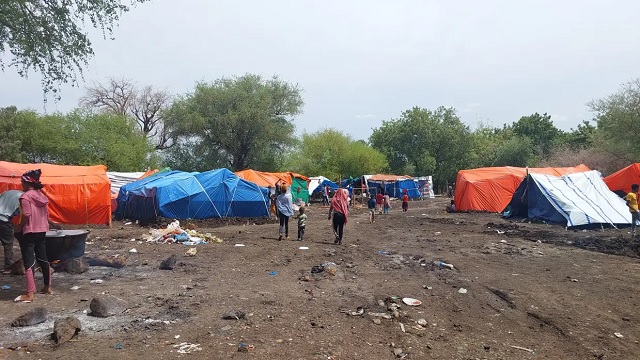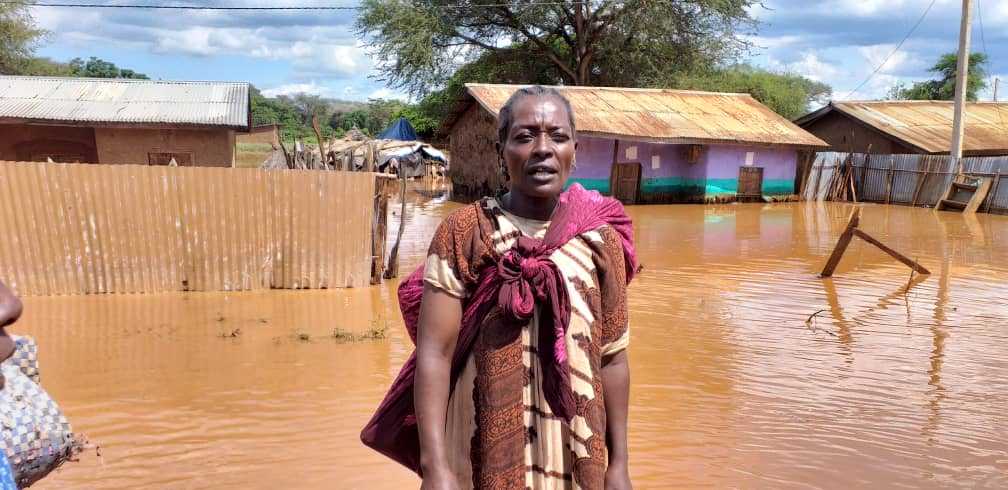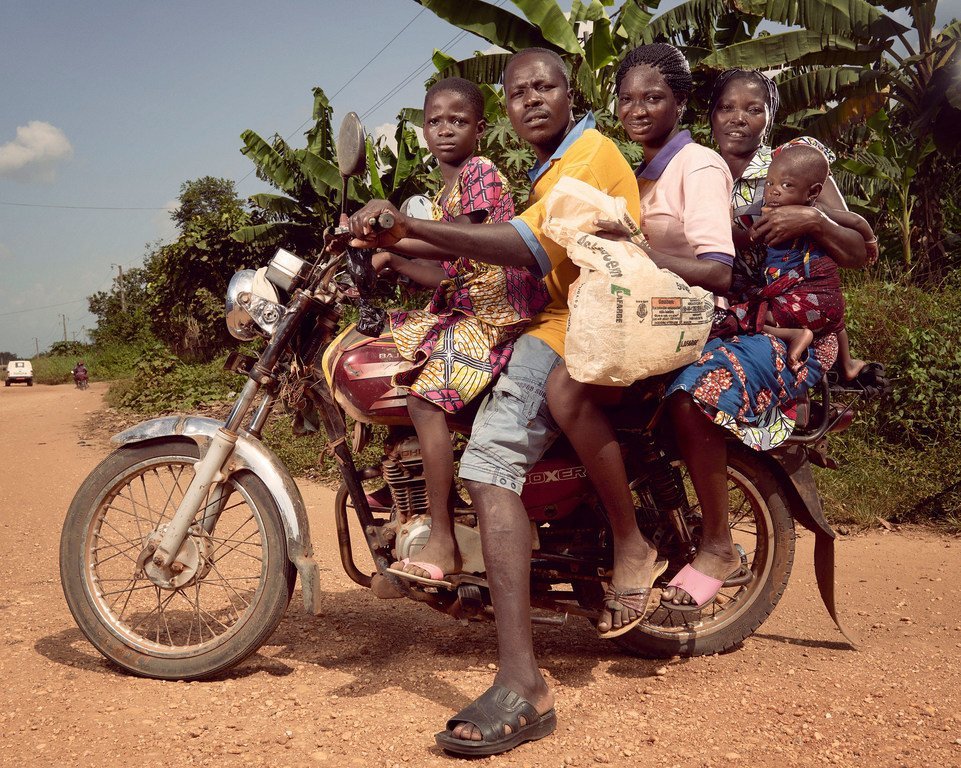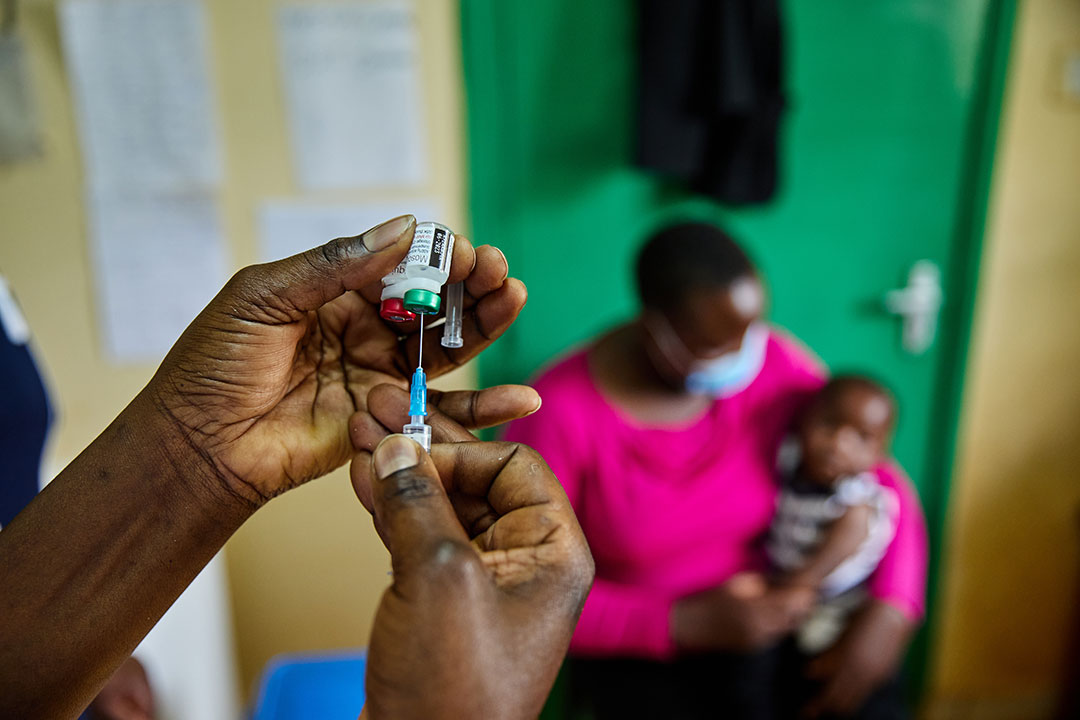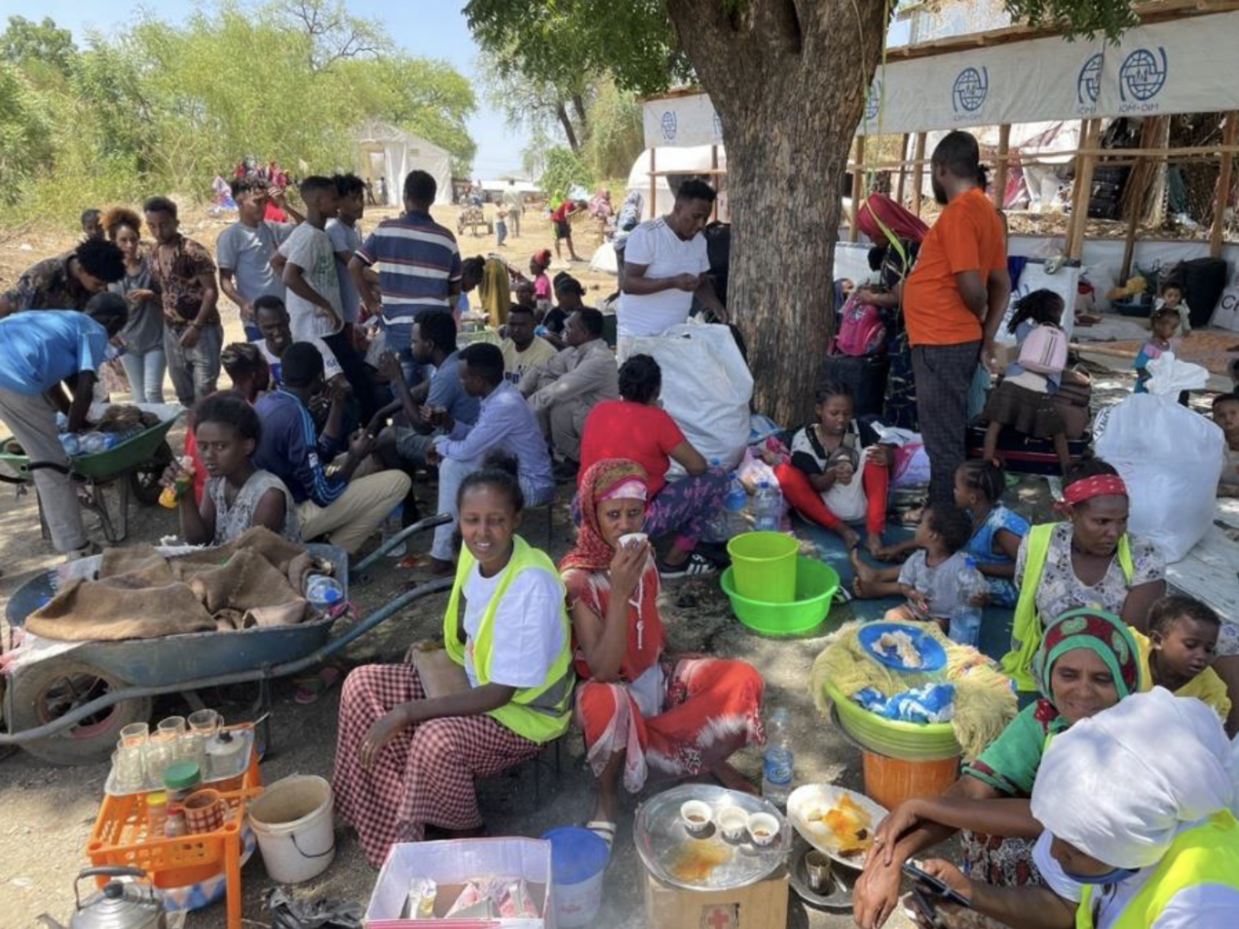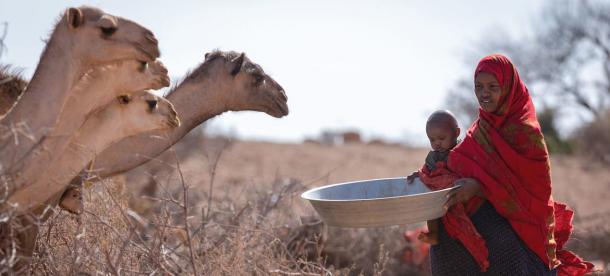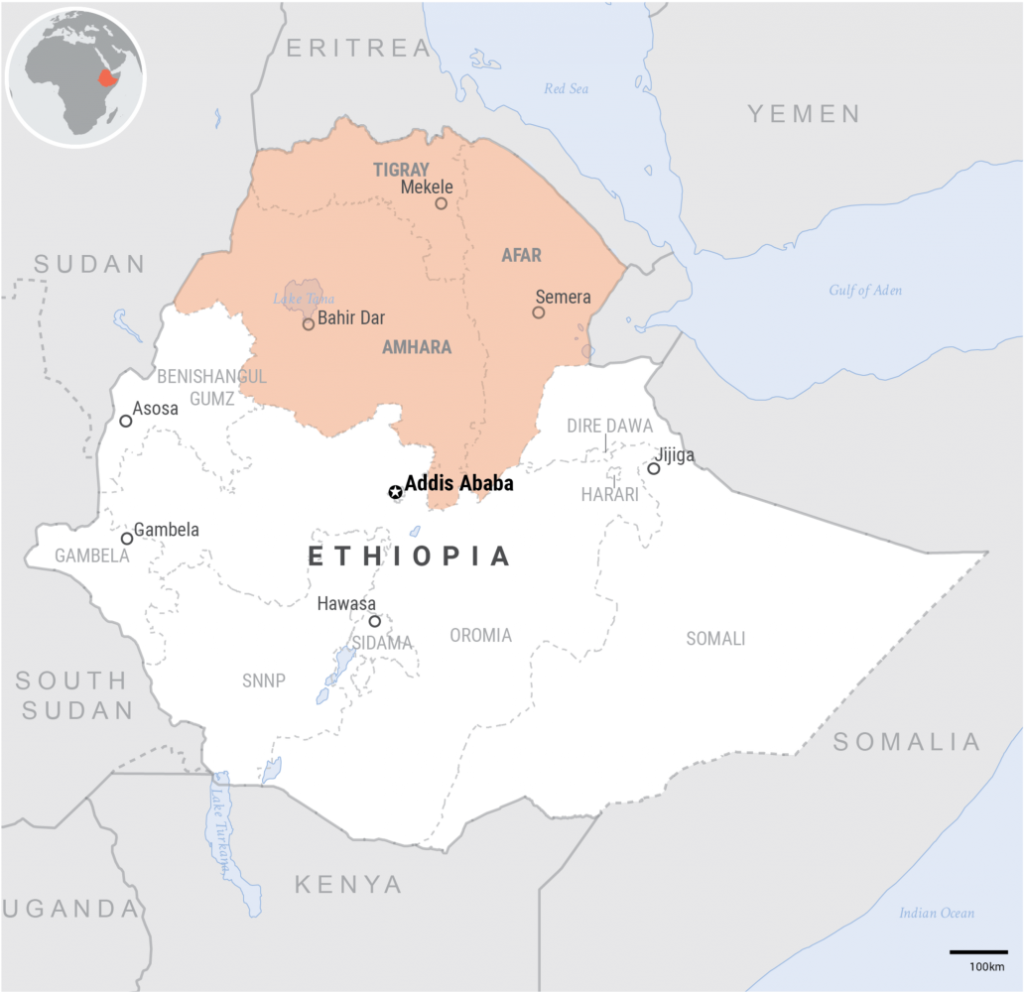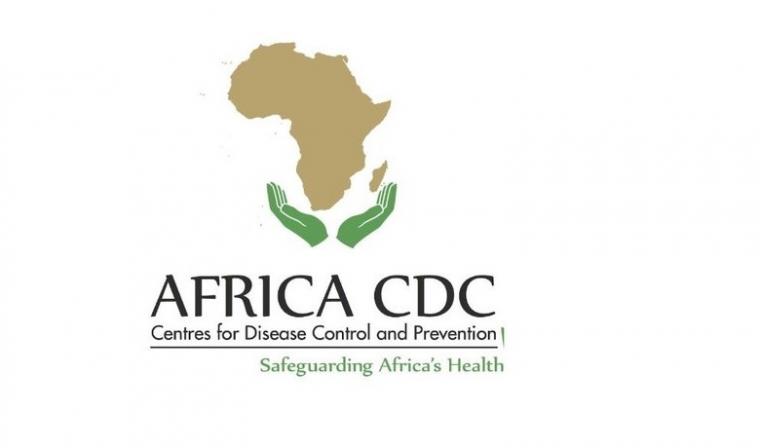
ADDIS ABABA, May 6 (EI) — New report published by the Africa Centers for Disease Control and Prevention (Africa CDC), the World Health Organization (WHO) and other partners provided African countries with real-time information and guidance on COVID-19 response.
Implementing these early policies helped curb the rapid spread of infection across the continent, but response to the virus is a marathon, not a sprint. Countries now must find a balance between reducing transmission while preventing social and economic disruption.
“We knew that COVID-19 was a significant threat to Africa, so we started addressing it very early. We convened an emergency meeting of Africa health ministers, which endorsed the Africa Joint Continental Strategy for COVID-19. Because of the early political engagement there was a continent-wide awareness and alertness to prepare the countries,” said John Nkengasong, Director of Africa CDC.
As Member States consider these complex trade-offs, a new report released today is putting real-time data about health and public sentiment into the hands of decision-makers. The Responding to COVID-19 in Africa: Using Data to Find a Balance report includes first-of-its-kind data to adapt COVID-19 pandemic response to local needs and capacities in Africa.
Using Data to Find a Balance, developed by Africa CDC, the WHO, Ipsos, Vital Strategies’ Resolve to Save Lives initiative, the UK Public Health Rapid Support Team, Novetta Mission Analytics and the World Economic Forum provides data and guidance to governments as they move toward a long-term response: use data to make informed decisions, adapt local measures as the pandemic and public perceptions evolve, and mitigate adverse effects by focusing on protecting the most vulnerable populations.
“This report highlights the large information gaps on COVID-19 which exist in Africa and threaten response efforts,” said Matshidiso Moeti, WHO Regional Director for Africa. “The findings of this report, along with COVID-19 trend data, will help countries make strategic decisions on relaxing their lockdowns. What we’ve learnt from Ebola and other outbreaks is that countries need to decentralize the response to the community level and increase their capacity to identify and diagnose cases.”
Key findings in the report include:
One third 32 percent of respondents said they do not have enough information about the coronavirus, including how it spreads and how to protect themselves;
Across countries, large majorities believe COVID-19 will have major impact on their country 62 percent, but only 44 percent believe it is a threat to them personally;
More than two thirds 69 percent of respondents said food and water would be a problem if they were required to remain at home for 14 days – and 51 percent would run out of money.
Recommendations include that governments:
· Strengthen public health systems for immediate response and for a lasting recovery;
· Monitor data on how public health and social measures meet local COVID-19 conditions and needs; and
· Engage communities to adapt PHSM to the local context and effectively communicate about risks to sustain public support.
The report notes the disruptions caused by public health social measures, which are designed to stop the spread of COVID-19, and the importance of preserving wellbeing, economic livelihoods and social stability. Using Data to Find a Balance also includes recommendations for governments to prioritize rapidly enhancing public health capacity to test, trace, isolate and treat people infected with the virus, making the most of the time that early intervention with PHSM has provided.
“Governments have had to make difficult decisions during the COVID-19 pandemic. Shelter-in-place measures can prevent infection but may limit access to food and essential services,” said Dr Tom Frieden, President and CEO of Resolve to Save Lives, an initiative of Vital Strategies. Dr Frieden, the former director of the US Centers for Disease Control and Prevention added, “By using data, governments can find the right balance and adapt lifesaving policies to the local context.”
“Governments cannot rely on guesswork or instinct to combat COVID-19 – they need data,” said Dr Darrell Bricker, CEO, Ipsos Public Affairs. “Many preventive measures taken elsewhere in the world must be adapted to the local context; we are proud to be a part of this extraordinary effort to provide real-time, Africa-specific data so that decision-makers can adapt their COVID-19 response based on data that is specific to their country.”
“The most successful response to COVID-19 in Africa must consider context and adaptability, and must be data-driven. With the release of Using Data to Find a Balance report, governments throughout Africa now have access to country-specific policy recommendations, and the data to guide their response to COVID-19 in the most effective and responsible manner,” said Dr Nkengasong.
PERC conducted surveys across 28 cities in 20 African Member States to assess the impact the crisis was already having on populations, and people’s attitudes toward PHSMs being implemented. The report includes a regional analysis accompanied by individual country briefs to provide the most relevant data and recommendations to local decision-makers. As the pandemic evolves, further waves of research are planned to provide real-time updates that reflect current response efforts, changes to people’s perceptions, and timely recommendations and guidance.
“Understanding the need for data to guide the pandemic response across Africa, the World Economic Forum is proud to have facilitated this private-public partnership,” said Arnaud Bernaert, Head of Health and Healthcare, World Economic Forum. “It is important for governments, businesses and civil society to have the latest data and case studies available to make the best decisions possible in this global crisis.”
To read the full report, please visit: https://africacdc.org/wp-content/uploads/2020/05/PERC_Regional_Final.pdf

